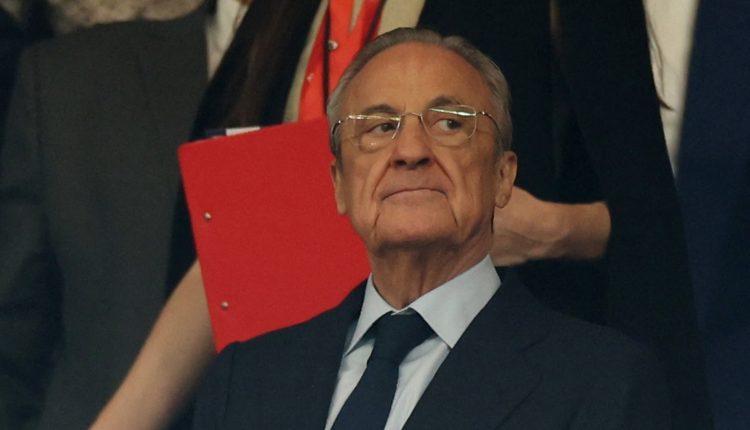In what turned out to be a huge boost for the European Super League (ESL) on Thursday, the European Court of Justice (ECJ) stopped UEFA and FIFA from blocking the breakaway competition.
Since then a fresh proposal for the ESL has been released, which showcases a revamped structure aimed at promoting a competitive and dynamic football atmosphere in Europe. The competition will have three-tiers and will be pan-European, consisting of the Star League, the Gold League (both with 16 clubs each), and the Blue League (having 32 clubs). Participation in the league will be based on sporting merit and there will be no permanent members.
The ESL will have an annual promotion-relegation system between the three tiers. Also, selected in the third-tier will be based on domestic league performance.
During the competition, clubs will compete in home, away matches organised in groups of eight ensuring a minimum of 14 matches per year. Then at the season’s end, a knockout stage will lead to the champions for each league and clubs to be promoted.
The revamped proposal states that there will be no increase in match calendar days. In the inaugural year, clubs will be chosen on the basis of a transparent performance criteria. There will also be a women’s competition with two leagues of 16 clubs each.
A22, a sports development company, which was made to assist the ESL, stated, “Participating clubs stay in their domestic leagues which remain the foundation of European football. Now that clubs can determine their own future at European level, we look forward to further engagement with a broad set of football stakeholders to achieve the objective of all great sporting competitions.”
In their ruling, the ECJ said that FIFA and UEFA must ‘comply with the competition rules and respect the freedoms of movement’, adding that their rules on approval, control and sanctions amounted to ‘unjustified restrictions on the freedom to provide services.’
“That does not mean that a competition such as the Super League project must necessarily be approved. The Court, having been asked generally about the FIFA and UEFA rules, does not rule on that specific project in its judgment,” the court further added.


